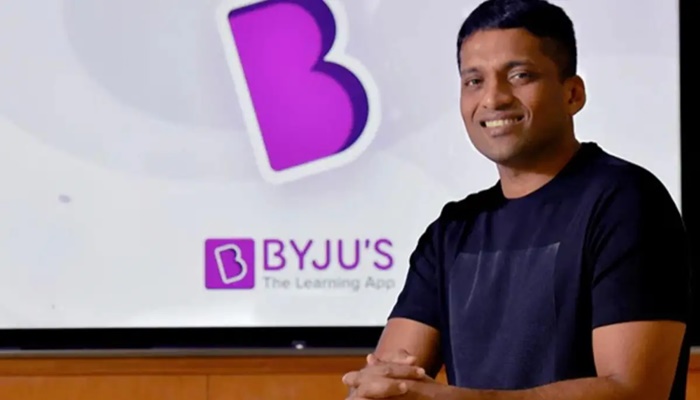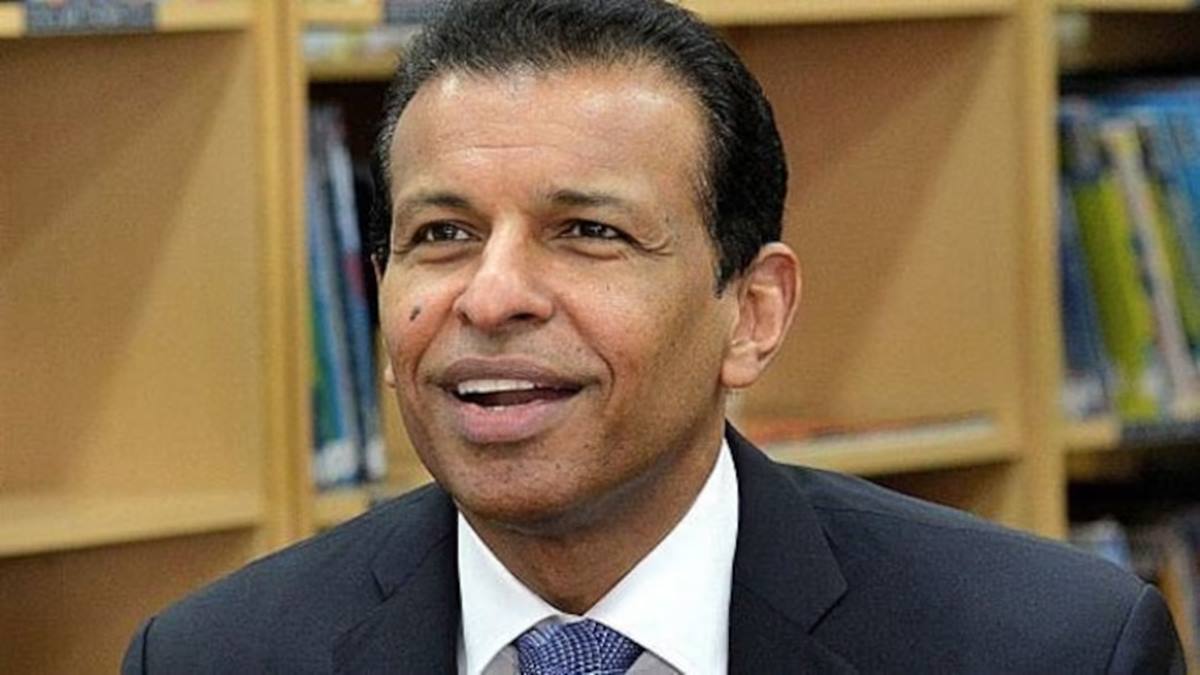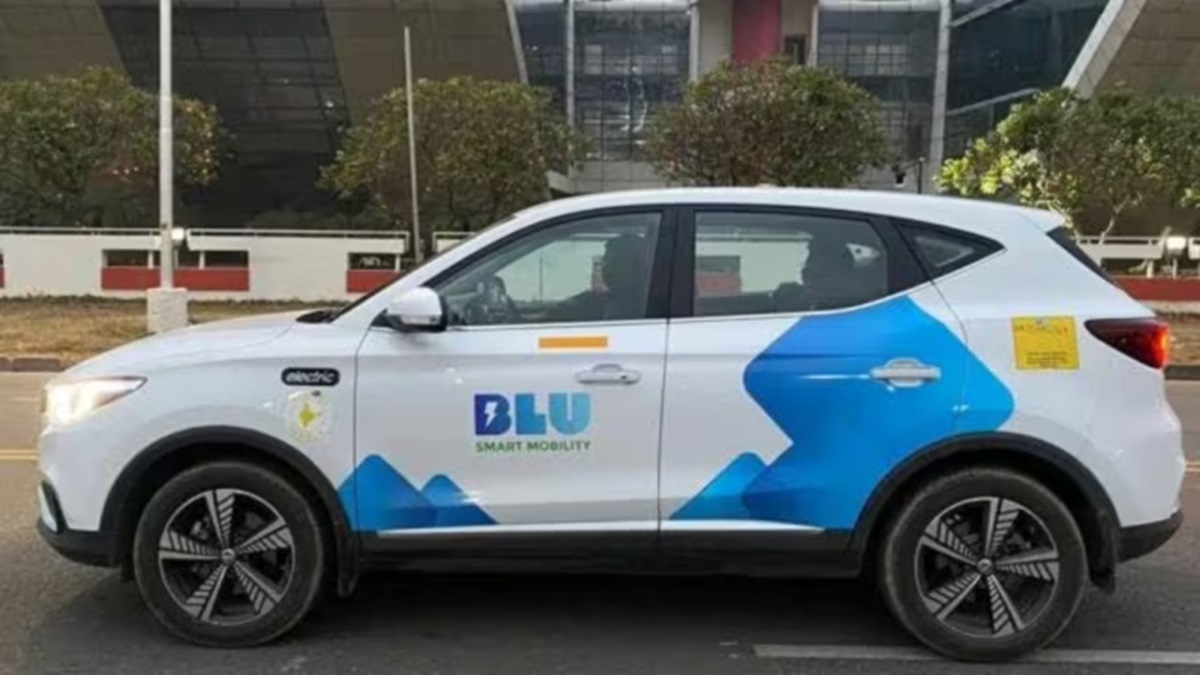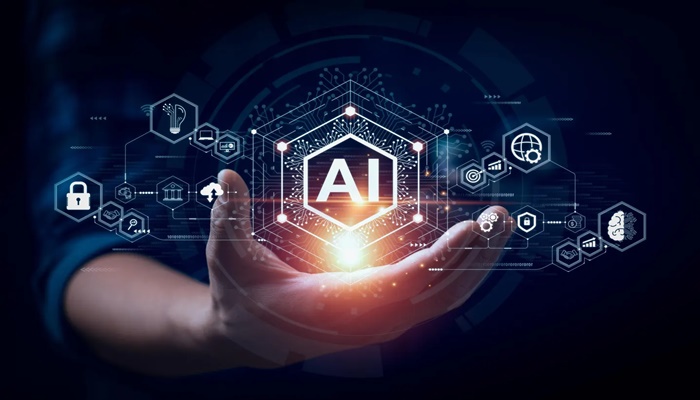When it comes to the disruption that AI might cause, remember the oxymoron: Change is the only constant. The past few months have seen a growing number of Indian workers experiencing severe anxiety of losing jobs to AI and automation. AI is rewriting the rules of employment globally.
India has the world’s largest youth population and over 59 crore workers. The advent of AI presents a double-edged sword in terms of immense opportunity on one side, and irreversible displacement on the other. As AI becomes a force multiplier across industries, its ascent is as inevitable as its collateral damage: massive job losses that India is not prepared for.
Here’s a look at hard numbers: According to the WEF’s Future of Jobs Report, by 2027, 83 million jobs globally will be lost, while only 69 million new ones will be created, resulting in a net loss of 14 million jobs. The ILO says that up to 70% of existing jobs in India are at high risk due to automation and AI. The Bank of Baroda recently projected that AI could displace 20–25 million jobs in India by 2030, predominantly in sectors like IT services, customer support, retail, and finance.
These aren’t abstract figures. Ola recently laid off over 1,000 employees as it shifted aggressively toward automation. In India’s Silicon Valley, more than 50,000 software engineers were rendered redundant in the last one year, as major IT firms like Infosys, Wipro, and TCS began integrating AI into core operations. More alarmingly, the labour force is growing by 12 million annually, intensifying competition for a shrinking pool of conventional jobs.
The threat is not speculative anymore. ChatGPT-4 and others will be the top-ranked coders by 2029. It is already in the top 1% of coders on Codeforces, can write functional code, debug software, and generate applications in minutes. These tasks required hours or days of human coders. Goldman Sachs warns that AI could automate 300 million full-time jobs worldwide, impacting nearly 18% of the global workforce. India, with its large base of process-driven white-collar roles, should brace up for a massive crisis.
Contrary to popular political rhetoric, re-skilling may not suffice. A Nasscom study last year found that only 17% of current workforce has the technical and cognitive skills needed for AI-era jobs, even though 92% of companies cited AI adoption as a business priority. Experts who write that AI will “create more jobs than it destroys” will soon eat their words. The traditional employment pipeline is shrinking and the new imperative is to reinvent.
What is critical in the AI-era is strategic adaptability. The future belongs to those who can perform uniquely human tasks such as high-value problem-solving, critical thinking, and creativity that AI can’t replicate yet at scale. If AI thrives on repetition, then humans must shine in originality.
Perhaps India Inc must invest in hybrid intelligence that augments human expertise with AI tools. Here are some data points:
- Doctors integrating AI-driven diagnostic models are improving accuracy by 20-30%.
- Lawyers using predictive analytics platforms reduce case preparation time by up to 40%.
- Financial analysts embracing AI for risk modelling are seeing predictive accuracy improvements of over 25%.
The biggest differentiator will be domain depth. A McKinsey report indicates that domain-specific roles such as robotic engineers, AI ethicists, and medical AI translators will see demand grow by 35-45% by 2030, while generalist roles will decline sharply. AI can mimic, but it lacks deep contextual understanding. Specialists, not generalists, will inherit the future.
Another buffer is innovation. AI will certainly create new frontiers for AI trainers, prompt engineers, tech ethicists, product thinkers, and cybersecurity experts. Last year, only 10% of Indian startups were classified as deep tech ventures. That number must rise sharply if India hopes avoid an impending crisis. Clearly, there is a need to move from copy-paste to innovation.
For this to happen, a complete overhaul of education system is necessary. According to the ASER report, less than 30% of Class-10 students could apply mathematical reasoning to real-world problems. This rote-learning model is incompatible with the AI-driven future. The training must focus on multiple disciplines, using tech with ethics, philosophy with computation, and design with logic. Perhaps a Finnish education model might be a good starting point.
The gig economy will also be central to employment resilience. BCG says that the gig workforce will reach 90 million by 2030, contributing $250 billion to India’s GDP. Qualified experts will approach projects like a movie business and adapt to shifting market needs and thrive.
‘Soft skills’ shall likely become core skills soon. A Deloitte report found that 90% of employers now consider EQ, collaboration, leadership, and communication more critical than tech credentials in hiring decisions. AI cannot replicate these, at least not yet.
Policymakers must take a leaf out of what Kerala assembly had debated. GoI must adapt a comprehensive AI employment framework that must include:
- Mandating re-skilling funds from companies automating jobs
- Offering tax breaks for AI-related or alternate job creation
- Building AI Centres of Excellence under public-private partnerships in innovation and training
- Penalising companies for retrenching employees within three years of taking incentives for job creation
On their part, companies must stop viewing automation as a cost-cutting measure. Instead, they should invest in human-AI collaboration, re-skilling, and AI training across all levels. There is evidence that 73% of companies with AI-integrated human teams reported higher innovation and profitability than those that replaced roles outright.
The spectre of AI-induced unemployment is real. The divide should not be between humans and machines, but between those who evolve and those who don’t. Job security is an illusion. The reality is the call to adapt, innovate, and lead.




















